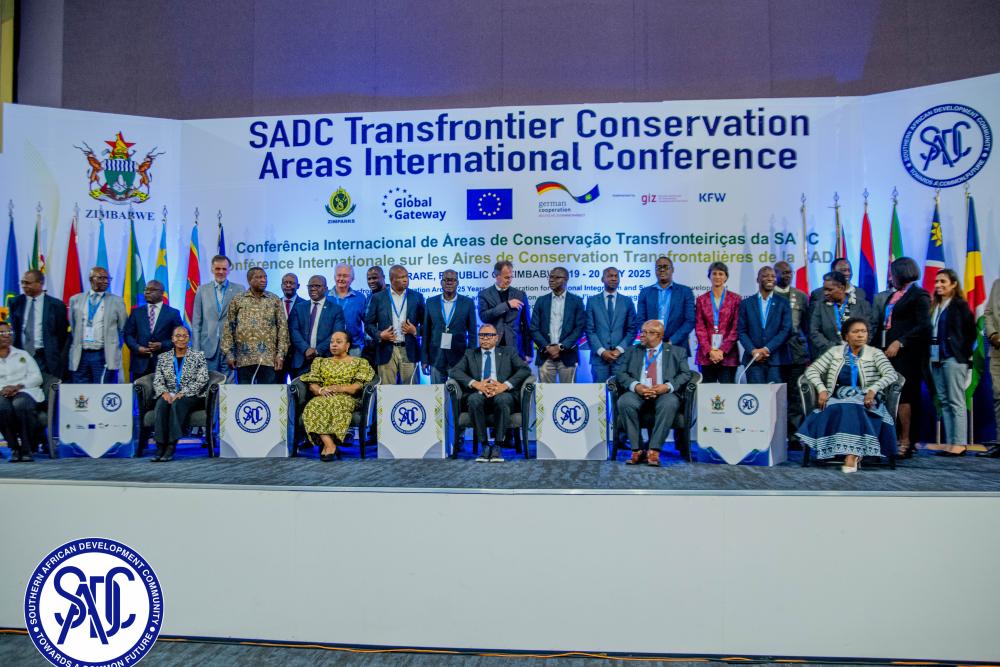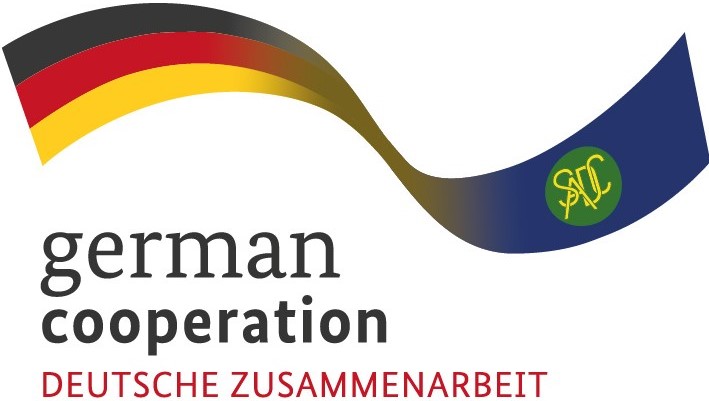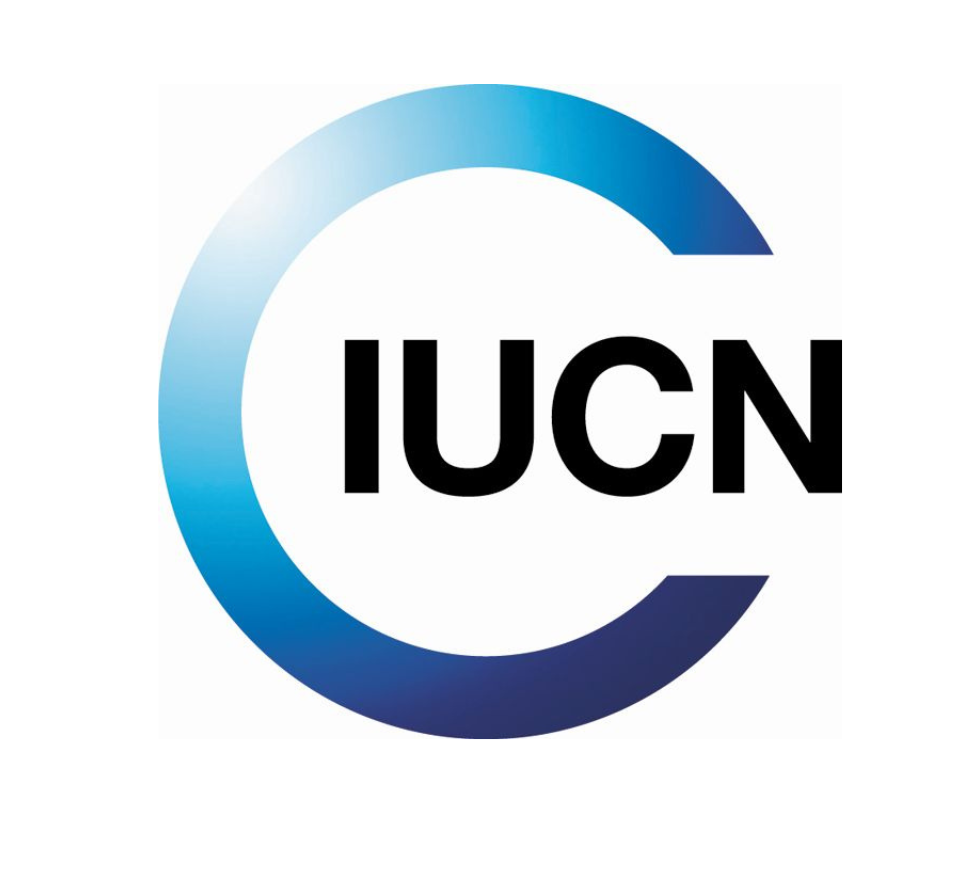 Translate
Translate
News
SADC Leaders Mark 25 Years of Transfrontier Conservation Areas at Landmark Summit in Harare — 23 May 2025
2 June 2025

In a major milestone for regional conservation, Heads of State and Government from the Southern African Development Community (SADC) convened in Harare, Zimbabwe, for the Transfrontier Conservation Areas (TFCA) Summit on 23 May 2025. The summit, themed Transfrontier Conservation Areas – 25 Years of Cooperation for Regional Integration and Sustainable Development,” celebrated the quarter-century legacy of collaborative natural resource management across borders.
The summit was officially opened and chaired by H.E. Dr. Emmerson Dambudzo Mnangagwa, President of the Republic of Zimbabwe and current SADC Chairperson. In attendance were leaders and representatives from 13 SADC Member States, alongside senior ministers, ambassadors, international development partners, conservation organisations, community representatives, and members of the academic and scientific community.
A Celebration of Vision and Progress
The summit reflected on 25 years of progress since the establishment of the first TFCAs, recognising their contribution to peacebuilding, ecological connectivity, biodiversity conservation, and socio-economic development. In his keynote address, President Mnangagwa praised the TFCAs as living symbols of regional integration and a model for cooperative governance of shared natural resources.
Leaders paid tribute to visionary pioneers of the TFCA concept, including H.E. Dr. Festus Mogae, former President of Botswana, and H.E. Dr. Thabo Mbeki, former President of South Africa, who were instrumental in laying the foundations for cross-border conservation in the region.
A Regional Platform for Global Environmental Goals
Delegates acknowledged the strategic role of TFCAs in achieving regional and global targets on biodiversity, climate resilience, tourism, and rural development. The summit underscored the need for stronger partnerships among governments, communities, the private sector, and international cooperating partners to enhance implementation of the SADC TFCA Programme.
Ministers and heads of delegation emphasised the centrality of human well-being and inclusive development, urging Member States to:
* Ensure active participation of rural communities, particularly youth, in TFCA governance.
* Promote equitable benefit-sharing mechanisms.
* Tackle human-wildlife conflict through coordinated, practical solutions, including policy reforms and legal frameworks.
Innovative Financing and Policy Commitments
With financial sustainability emerging as a key concern, the summit called on Member States to explore innovative funding mechanisms such as:
* Carbon markets and carbon credit trading,
* Biodiversity offsets and conservation bonds,
* Eco-tourism revenues,
* Public-Private Partnerships (PPPs).
There was strong support for the development of a Regional Carbon Market Framework, recognising carbon trading as a critical pathway to job creation, climate adaptation, and financing conservation at scale.
The summit also urged Member States to invest in the creation and management of **coastal and marine TFCAs, aligned with the SADC Blue Economy Strategy, aimed at sustainably developing the region’s ocean resources in areas like fisheries, transport, tourism, and renewable energy.
Law Enforcement, Tourism, and Mobility
Leaders reaffirmed their commitment to tackling wildlife crime through the SADC Law Enforcement and Anti-Poaching (LEAP) Strategy, which promotes cross-border intelligence sharing, joint patrols, and stronger community engagement in anti-poaching efforts.
In a significant boost to regional tourism integration, the summit commended Angola, Mozambique, Namibia, South Africa, and Zimbabwe for pioneering the SADC Tourism Univisa, a regional visa scheme designed to simplify travel across borders and enhance the attractiveness of multi-country tourism circuits.
Zimbabwe Lauded as Host
The summit also recognised the Government of Zimbabwe for successfully hosting the SADC TFCA International Conference, which preceded the Heads of State summit. The event drew over 500 delegates and 30 exhibitors from across the region and beyond, creating a platform for knowledge exchange, showcasing conservation innovations, and building new partnerships.
In his closing remarks, President Mnangagwa expressed deep appreciation to fellow Heads of State, technical experts, and development partners for their continued commitment to the TFCA vision. The SADC Executive Secretary and other dignitaries echoed the sentiment, reinforcing the region’s determination to scale up efforts in ecological stewardship and sustainable development.
A United Vision for the Future
As the region faces growing environmental and socio-economic pressures—from climate change to youth unemployment—the summit reaffirmed TFCAs as a regional asset and a global exemplar of how peace, prosperity, and planet can be linked through shared governance.
The communique concluded with a strong appeal to the international community to support SADC’s conservation model, recognising its value in advancing the Convention on Biological Diversity (CBD), CITES, and the Sustainable Development Goals.
A Celebration of Vision and Progress
The summit reflected on 25 years of progress since the establishment of the first TFCAs, recognising their contribution to peacebuilding, ecological connectivity, biodiversity conservation, and socio-economic development. In his keynote address, President Mnangagwa praised the TFCAs as living symbols of regional integration and a model for cooperative governance of shared natural resources.
Leaders paid tribute to visionary pioneers of the TFCA concept, including H.E. Dr. Festus Mogae, former President of Botswana, and H.E. Dr. Thabo Mbeki, former President of South Africa, who were instrumental in laying the foundations for cross-border conservation in the region.
A Regional Platform for Global Environmental Goals
Delegates acknowledged the strategic role of TFCAs in achieving regional and global targets on biodiversity, climate resilience, tourism, and rural development. The summit underscored the need for stronger partnerships among governments, communities, the private sector, and international cooperating partners to enhance implementation of the SADC TFCA Programme.
Ministers and heads of delegation emphasised the centrality of human well-being and inclusive development, urging Member States to:
* Ensure active participation of rural communities, particularly youth, in TFCA governance.
* Promote equitable benefit-sharing mechanisms.
* Tackle human-wildlife conflict through coordinated, practical solutions, including policy reforms and legal frameworks.
Innovative Financing and Policy Commitments
With financial sustainability emerging as a key concern, the summit called on Member States to explore innovative funding mechanisms such as:
* Carbon markets and carbon credit trading,
* Biodiversity offsets and conservation bonds,
* Eco-tourism revenues,
* Public-Private Partnerships (PPPs).
There was strong support for the development of a Regional Carbon Market Framework, recognising carbon trading as a critical pathway to job creation, climate adaptation, and financing conservation at scale.
The summit also urged Member States to invest in the creation and management of **coastal and marine TFCAs, aligned with the SADC Blue Economy Strategy, aimed at sustainably developing the region’s ocean resources in areas like fisheries, transport, tourism, and renewable energy.
Law Enforcement, Tourism, and Mobility
Leaders reaffirmed their commitment to tackling wildlife crime through the SADC Law Enforcement and Anti-Poaching (LEAP) Strategy, which promotes cross-border intelligence sharing, joint patrols, and stronger community engagement in anti-poaching efforts.
In a significant boost to regional tourism integration, the summit commended Angola, Mozambique, Namibia, South Africa, and Zimbabwe for pioneering the SADC Tourism Univisa, a regional visa scheme designed to simplify travel across borders and enhance the attractiveness of multi-country tourism circuits.
Zimbabwe Lauded as Host
The summit also recognised the Government of Zimbabwe for successfully hosting the SADC TFCA International Conference, which preceded the Heads of State summit. The event drew over 500 delegates and 30 exhibitors from across the region and beyond, creating a platform for knowledge exchange, showcasing conservation innovations, and building new partnerships.
In his closing remarks, President Mnangagwa expressed deep appreciation to fellow Heads of State, technical experts, and development partners for their continued commitment to the TFCA vision. The SADC Executive Secretary and other dignitaries echoed the sentiment, reinforcing the region’s determination to scale up efforts in ecological stewardship and sustainable development.
A United Vision for the Future
As the region faces growing environmental and socio-economic pressures—from climate change to youth unemployment—the summit reaffirmed TFCAs as a regional asset and a global exemplar of how peace, prosperity, and planet can be linked through shared governance.
The communique concluded with a strong appeal to the international community to support SADC’s conservation model, recognising its value in advancing the Convention on Biological Diversity (CBD), CITES, and the Sustainable Development Goals.










